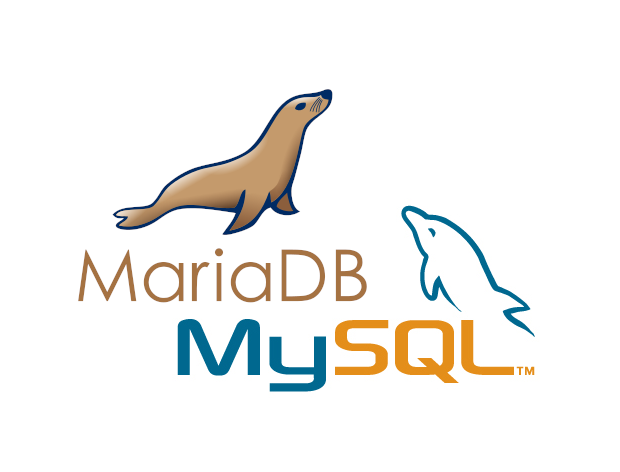Earlier this week, cloud provider Joyent did a surprising thing: It shared its finely tuned cloud software, SmartDataCenter, under an open-source license.
But while it might seem like the company is giving away its high-value intellectual property at a time when Amazon, Google, and Microsoft have made the public cloud market ultra-competitive, Bryan Cantrill, the company’s chief technology officer, actually has some very smart justifications for the move, which he spelled out in a blog post.
The way Cantrill sees it, disclosing core technology with the public can have a direct impact on sales, marketing, and talent. And because every technology company deals with those business functions, the argument really is worth paying attention to.
Cantrill has accumulated a good bit of knowledge about open-source development. At Joyent he’s spent plenty of time building products on top of the open-source Node.js JavaScript framework, which Joyent sponsors. Previously, he worked on the open-source Solaris operating system as a distinguished engineer at Sun. So the guy knows what he’s talking about.
Here he is explaining Joyent’s decision to open-source its SmartDataCenter software, as well as the software behind Joyent’s Manta cloud service for object storage:
Ten years ago, I wrote that open source is “a loss leader — minus the loss, of course”; after a decade of experience with open source business models, I would add that open source also serves as sales outreach without cold calls, as a channel without loss of margin, and as a marketing campaign without advertisements.
But the benefits don’t end there. By putting SmartDataCenter and Manta out in the wild, Joyent can come across excellent engineers, some of whom they might one day hire. Cantrill again:
Also based on past experience, we know that some (presumably much smaller) fraction of these new technologists will — by merits of their interest in and contributions to these projects — one day join us as engineers at Joyent. Bluntly, open source is our farm system, and broadening our hiring channel during a blazingly hot market for software talent is playing no small role in our decision here. In short, this is not an act of altruism: it is a business decision — if a multifaceted one that we believe has benefits beyond the balance sheet.
The question is how much freshly funded Joyent’s business will thrive as a result of this week’s move.


